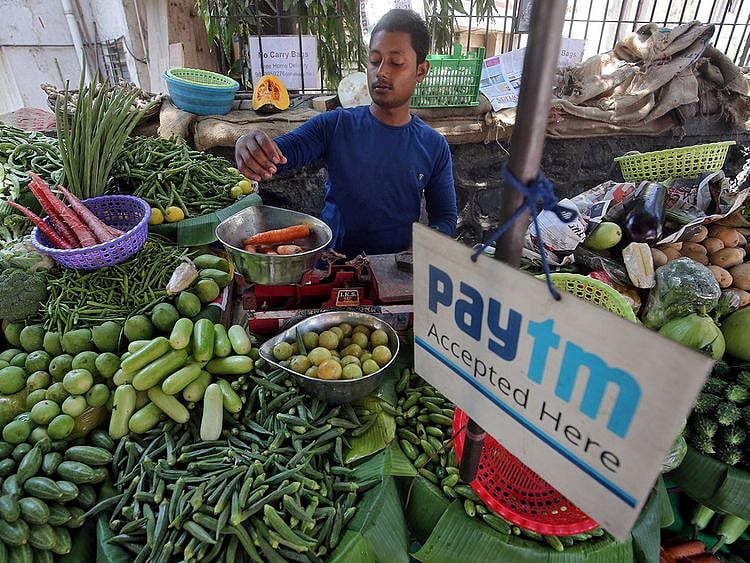Paytm founder may not be eligible for stock options: Proxy Firm
Scrutiny over pay has increased after Paytm sank 75% since its IPO

Mumbai: Paytm may be circumventing regulation to grant employee stock options to founder and CEO Vijay Shekhar Sharma, according to proxy advisory firm Institutional Investor Advisory Services.
While Sharma isn’t classified as a promoter “- Indian parlance for controlling shareholder “- he has rights akin to one, including a potential permanent seat on the board, IiAS said in a note Friday. “These provisions and structures give Vijay Shekhar Sharma ‘entrenchment’ similar to that enjoyed by promoter families in the more traditional companies,” IiAS said.
It added the regulator must examine Sharma’s move to pare his direct stake by transferring equity to a family trust, barring which he wouldn’t be eligible for the Employee Stock Option Plan.
Indian law prohibits stock options to promoters, and to directors who directly or indirectly hold more than 10 per cent of the firm. Scrutiny over pay has also increased after Paytm sank 75 per cent since its initial public offering last year, following which Sharma in April said his stock grants would vest only after the company’s market capitalization exceeded the IPO level on a “sustained basis.”
Reiterating that statement in response to the IiAS report, Paytm’s spokesperson told Bloomberg the company had followed all provisions of applicable law in classifying Sharma as non-promoter and complied with due process for the grant of ESOPs, including shareholder approval. His remuneration remains unchanged since November 2020 and through 2025, the spokesperson said.
Sharma was granted 21 million options at 9 rupees a share in the financial year ended March 2022, then valued at $500 million. He had been declassified as a promoter in 2021 and before the IPO lowered his direct stake to 9.1 per cent “- from 14.7 per cent a year earlier “- by transferring shares to a family trust.
One 97 Communications Ltd., Paytm’s formal name, is one of several Indian startups that has not classified their founders as promoters, IiAS said.
“It appears that several founders may be playing the regulatory arbitrage between the rights akin to a promoter versus the financial gains of not being classified as one,” IiAS said. “Regulations need to catch up to these structures.”
Sign up for the Daily Briefing
Get the latest news and updates straight to your inbox
Network Links
GN StoreDownload our app
© Al Nisr Publishing LLC 2026. All rights reserved.